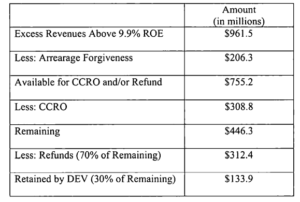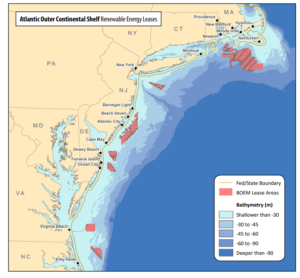
Green Party leader and German Economy and Climate Minister and Vice Chancellor Robert Habeck
by James C. Sherlock
Headlines from the war in Ukraine have raised exponentially the interest in natural gas and the extreme price volatility caused by supply constraints.
It is perhaps useful to understand the uses of natural gas, the prices Virginians pay relative to West Virginians, the decline of production in Virginia, and the costs and risks of supply constraints by the actions of green energy absolutists.
Not the enthusiasts, but the come-hell-or-high-water absolutists, who get way out in front of the thoughtful left. In Europe, greens let slip the dogs of war.
Putin thought Europe, with its far too early and thoughtless response to green pressure, too dependent upon Russian energy to oppose him. He proved wrong, but now both free Europeans and Russians will suffer. Ukrainians and Russians are dying for that miscalculation.
Virginia greens need to reconsider the value of natural gas and the risks of insufficient supply. And, like the German Green Party this week, get over their opposition to gas until real renewable alternatives at the scale of the economy are, well, real.

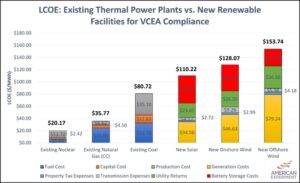



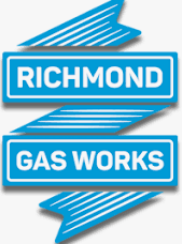

 by James C. Sherlock
by James C. Sherlock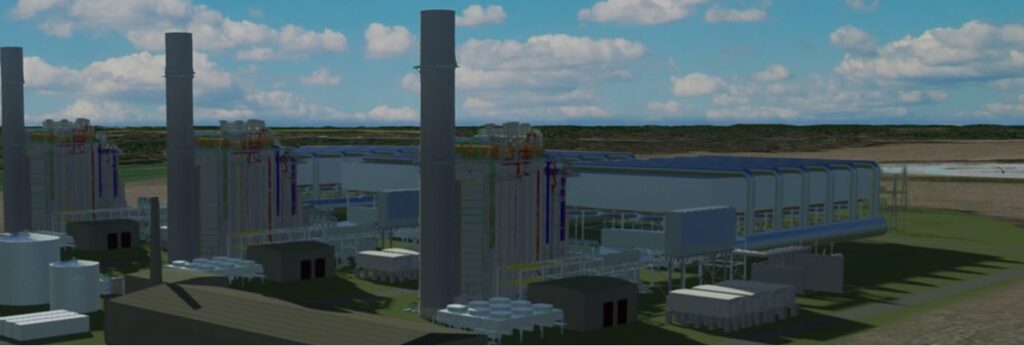
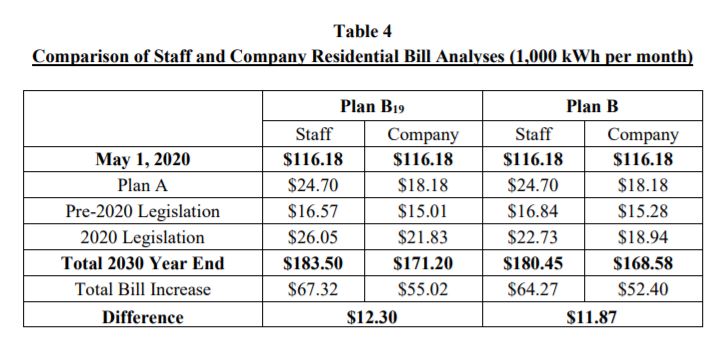
 by James C. Sherlock
by James C. Sherlock by James C. Sherlock
by James C. Sherlock